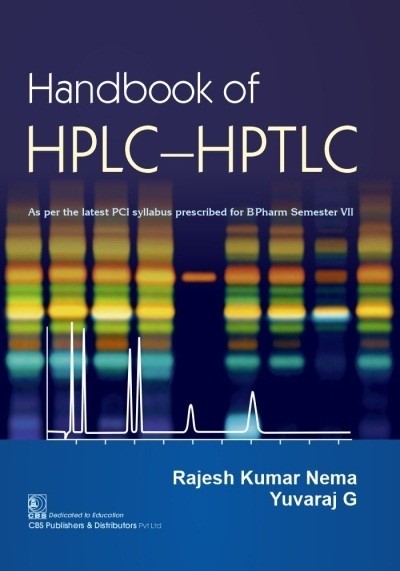Handbook Of Hplc Hptlc (Pb 2021)
Availability :
In Stock
₹ 396.00
M.R.P.:₹ 450
You
Save: ₹54.00 (12.00% OFF)
(Inclusive
of all taxes)
Delivery:
₹ 0.00 Delivery charge
Author:
Nema R.K.
Publisher:
cbs
Edition:
1st
ISBN-13:
9789390709809
Publishing Year:
2021
No. of Pages:
252
Language:
English
Book Binding:
Paperback











